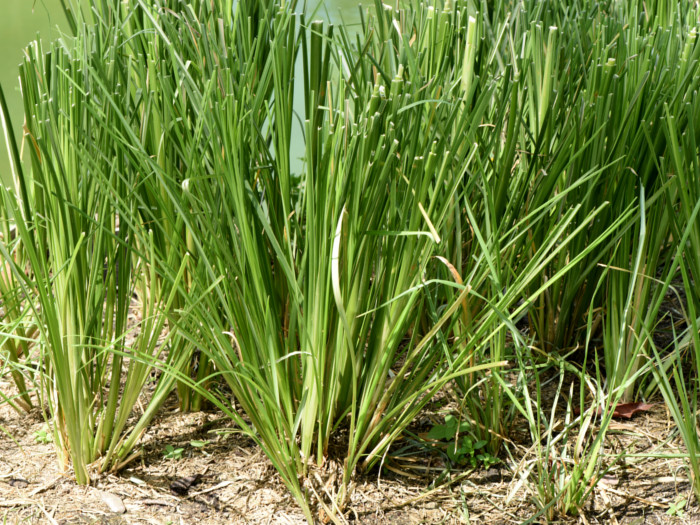Used widely in perfumes, vetiver is known to most people for its unique scent. However, for centuries, the medicinal benefits of this multi-purpose plant has been tapped into for a variety of problems.
What is Vetiver?
Vetiver (Chrysopogon zizanioides) is a long type of grass, native to India, that can grow up to 5 feet in height. It is a popular used for planting in pastures, and due to its extensive root system, it is both excessive drought and water-resistant. The smell of vetiver is akin to that of lemongrass: a little herbal and slightly citric, but not too sharp. It has been used medicinally across South Asia and West Africa for centuries, and the oil is highly prized in the perfume industry as a grounding scent, particularly for colognes. It is also used as a flavoring agent for alcoholic beverages. [1]

Vetiver stalks. Photo Credit: Shutterstock
Vetiver Benefits
Vetiver has many amazing benefits, including the following:
- Vetiver is highly antioxidant in nature, meaning that it can help to reduce the oxidative stress and chronic diseases throughout the body. [2]
- It is a calming tonic for nerve problems and has been shown to alleviate anxiety and symptoms of stress. [3]
- It is also used topically for repelling insects, killing larvae like termites or mosquitoes, and for lice treatment.
- It is naturally antiseptic and used as a wash for treating wounds or even lightening scars or acne.
- When this herb is added to a bath soak, it will help stimulate blood flow and prevent circulation problems, as well as alleviate joint pain and swelling from rheumatism.
- Orally, this plant is used as an emmenagogue to induce menstruation or abortion.
Uses
In Southeast Asia, this special grass is made into a sweet green syrup called Khus, which is used to flavor the following:
- Sparkling water
- Sodas
- Yogurt
- Candy
- Baking
Adding a little khus syrup to your water is an easy way to include this surprisingly beneficial herb in your daily diet. Most people use this herb in the form of an oil or tincture, but it does have some culinary uses.
Word of Warning: Women should avoid using this herb or any derived products during pregnancy or while breastfeeding, as it may cause bleeding or miscarriage. Speak to your doctor before adding this potent remedy to your daily or weekly health routine. [4]
